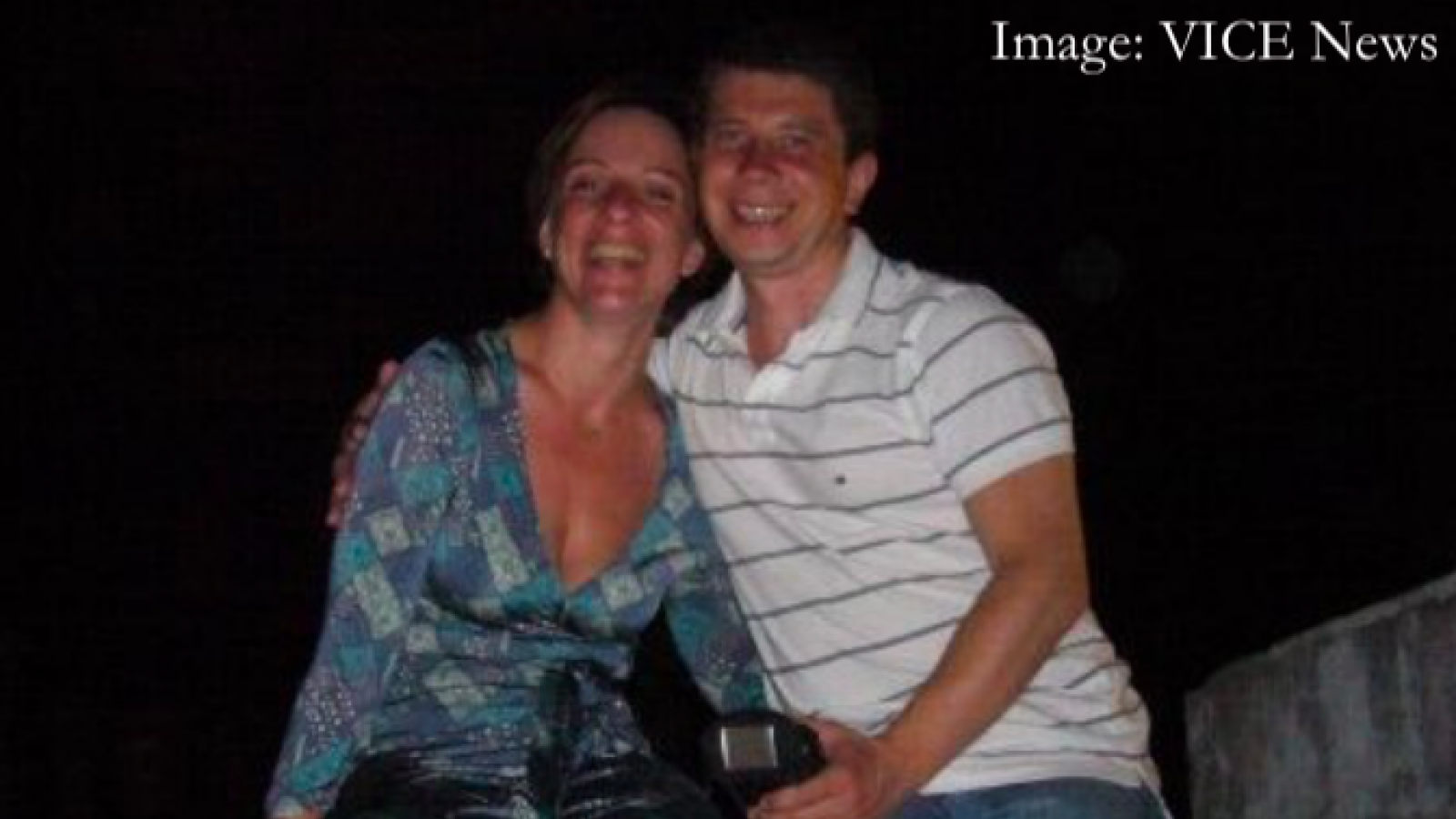
The Guardian reports Special Counsel Robert Mueller continues to investigate Konstantin Kilimnik and what role Manafort's Ukrainian protégé may have played as a key connector between the Trump campaign and Russia in 2016.
Kilimnik, an elusive 48-year-old, has already been charged by Mueller with witness tampering. His most recent business partner has been charged with illegally funneling $50,000 from a wealthy Ukrainian into Trump’s inauguration fund.
Kilimnik was also caught up in Manafort’s apparent intentions in 2016 to use his position at Trump’s side to settle multimillion-dollar debts claimed by their ex-client Oleg Deripaska, an oligarch close to Vladimir Putin, the Russian president.
In addition to Manafort, Mueller’s team is also making use of plea agreements with Manafort’s former deputy, Rick Gates, and with the lobbyist Sam Patten, both of whom were Kilimnik business associates and must cooperate with investigators.
(...)
A key question for Mueller’s prosecutors is whether Kilimnik played a role, and if so what, in a Russian cyber-operation aimed at sowing discord in the 2016 elections and – according to the conclusions of US intelligence – helping Trump win.
As Mueller’s interest in Kilimnik increased last year, Kilimnik abruptly left Kiev with his wife and two children and moved to Moscow, where he had lived in the late 1990s and early 2000s. He is now living in a gated community in Khimki, the same Moscow suburb that houses the GRU unit accused by Mueller in an 11-count indictment in July of spearheading the hacking of Democratic emails in 2016.
(...)
Just before meeting Manafort in New York in early August, Kilimnik said in an email to his former boss that he had met with Deripaska for five hours in Moscow and that the oligarch had raised important issues about his “country’s future” that they needed to discuss.
Kilimnik didn’t identify Deripaska in his email to Manafort by name, but coyly referred to the “guy who gave you your biggest black caviar jar several years ago”, according to the email, which the Atlantic first reported.
Seeming to take pains to be discreet, Kilimnik proposed a quick trip to meet with Manafort to brief him on the talks with Deripaska. “We spent about 5 hours talking about his story, and I have several important messages from him to you. He asked me to go and brief you on our conversation.”
Kilimnik added that he told Deripaska he had to “run it by you first”, but is ready to come “provided that he buys me a ticket. It has to do about the future of his country, and is quite interesting.”
And Kilimnik said he could come quickly, “even next week”. Manafort replied that Tuesday 2 August would be best, and the two men reportedly met that day at the Grand Havana Room, a cigar bar in in midtown Manhattan.
Congressional investigators have been interested in the coincidence that a Deripaska owned Gulfstream G550 jet arrived the airport in Newark, New Jersey, very early on 3 August and departed later that day. Two sources familiar with the inquiries said they have “reason to believe” Kilimnik was on the flight back to Moscow.
(...)
This April, Deripaska and some of his companies were among seven Russian oligarchs, 12 companies they owned or controlled, and 17 Russian government officials who were hit by treasury department sanctions for “malign activity” worldwide “including attempting to subvert western democracies, and malicious cyber activities”.
Deripaska’s company, Basic Element, has its own Russian intelligence ties. An aluminum and energy giant, Basic Element has long employed a former high-level intelligence operative with Russia’s FSB, who this year became the company’s chief executive. The executive, Valery Pechenkin, served in a key security position for more than a decade with Basic Element before his promotion.
Mike Carpenter, a top Russia policy official in the Pentagon during Barack Obama’s administration, said the case exemplified how the public and private sectors had been “captured by the ex-KGB elite” in Russia.
“Pechenkin is a former KGB officer who served as FSB deputy director for counterintelligence when Putin was the agency’s director,” said Carpenter. “Basic Element certainly benefits from having a close, symbiotic relationship with the siloviki – the ex-security officials who currently serve as Kremlin power brokers.”
(...)
Perhaps significantly, Mueller court filings also revealed that Kilimnik had numerous contacts with Gates in the weeks just before the 2016 election.
John Herbst, a former US ambassador to Ukraine, who now directs the Atlantic Council’s Eurasia Center, said he thought it “highly likely” that Kilimnik retained his ties to Russian intelligence through the 2016 elections. “It would be in his interest to keep them informed and channel information to them,” said Herbst.
Full story: Konstantin Kilimnik: elusive Russian with ties to Manafort faces fresh Mueller scrutiny (The Guardian)